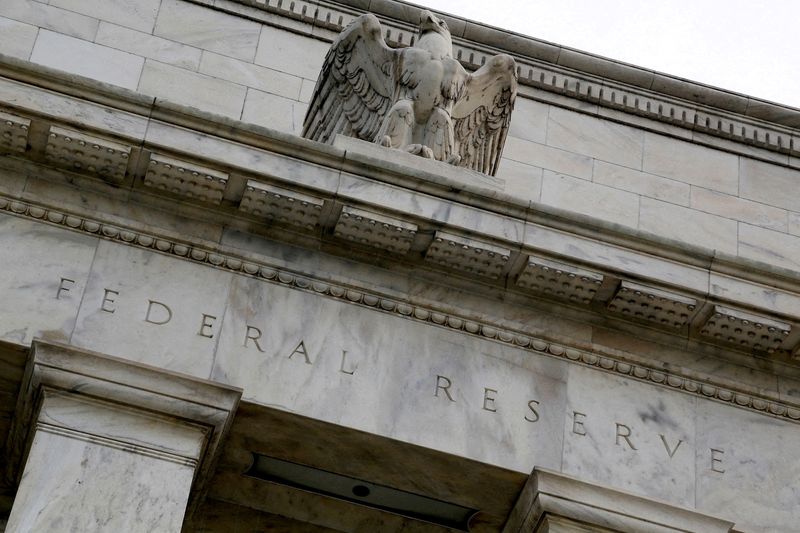By Chris Prentice
WASHINGTON (Reuters) -The U.S. Federal Reserve Board on Friday joined other key banking regulators in proposing a plan for how large banks should manage climate-related financial risks, drawing immediate dissent from one member and reservations from another.
The proposed principles detailed expectations for banks with more than $100 billion in assets to incorporate financial risks related to climate into their strategic planning. Issuance of the proposal for public comment was approved in a 6-1 vote of the Fed Board of Governors.
The proposal marks the latest effort by U.S. policymakers to gird for potential financial risks from climate change, bringing the Fed into alignment with the Federal Deposit Insurance Corporation (FDIC) and Office of the Comptroller of the Currency (OCC), which have separately proposed their own plans.
The potential effects of climate change - rising sea levels, worsening floods and fires, and government policies transitioning away from carbon-heavy industry - could destroy trillions of dollars of assets around the globe.
Those financial impacts "pose an emerging risk to the safety and soundness of financial institutions and the financial stability of the United States," the Fed said.
The Fed's plan would require banks to consider climate-related financial risks in their audits and other risk management and add climate-related scenario analysis to traditional stress testing. Banks should also assess whether they should include climate-linked risks into their liquidity buffers and consider, it proposed.
The debate over the extent of financial system risks posed by climate change has been politically charged. Fed Governor Christopher Waller dissented against Friday's proposal, raising the question of whether it poses a serious risk to large banks' soundness or U.S. financial stability.
"Climate change is real, but I disagree with the premise that it poses a serious risk to the safety and soundness of large banks and the financial stability of the United States," Waller said in a statement released alongside the proposal. "The Federal Reserve conducts regular stress tests on large banks that impose extremely severe macroeconomic shocks and they show that the banks are resilient."

Governor Michelle Bowman supported the plan to seek public input with reservations, noting the Board should consider "the costs and benefits of any new expectations".
The proposal will be open for public comment for 60 days.